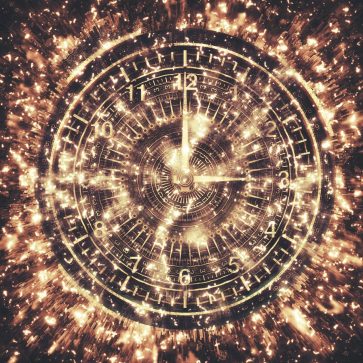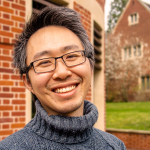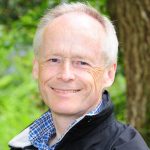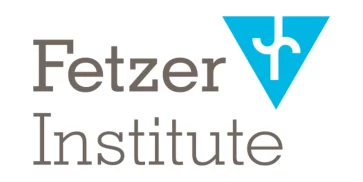For millennia, science has served to enhance human spiritual flourishing. By granting us greater knowledge and understanding of nature, science transfigures not only our vision of nature but also who we are as human beings, thereby enabling us to cultivate lives in harmony with nature. Today, we live in a time when global challenges critically demand our society to develop and utilise wisely the gift of science for the benefit of human flourishing. But how do scientists cultivate this wisdom? How do scientists and those working with science become sages who desire scientific knowledge, and the technological possibilities this knowledge open up, for building a world of truth, beauty, and goodness?
The central hypothesis underlying this project is that what we need is a new natural philosophy that can open up a contemplative dimension in our attention to nature within our scientific culture. Only when humans begin to activate and deepen a contemplative gaze on nature, will we be on the path to grow wiser in how we make use of scientific knowledge and the technological possibilities it enables.













